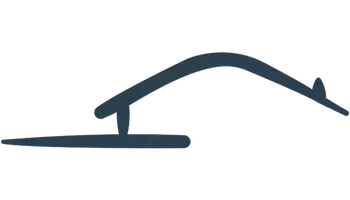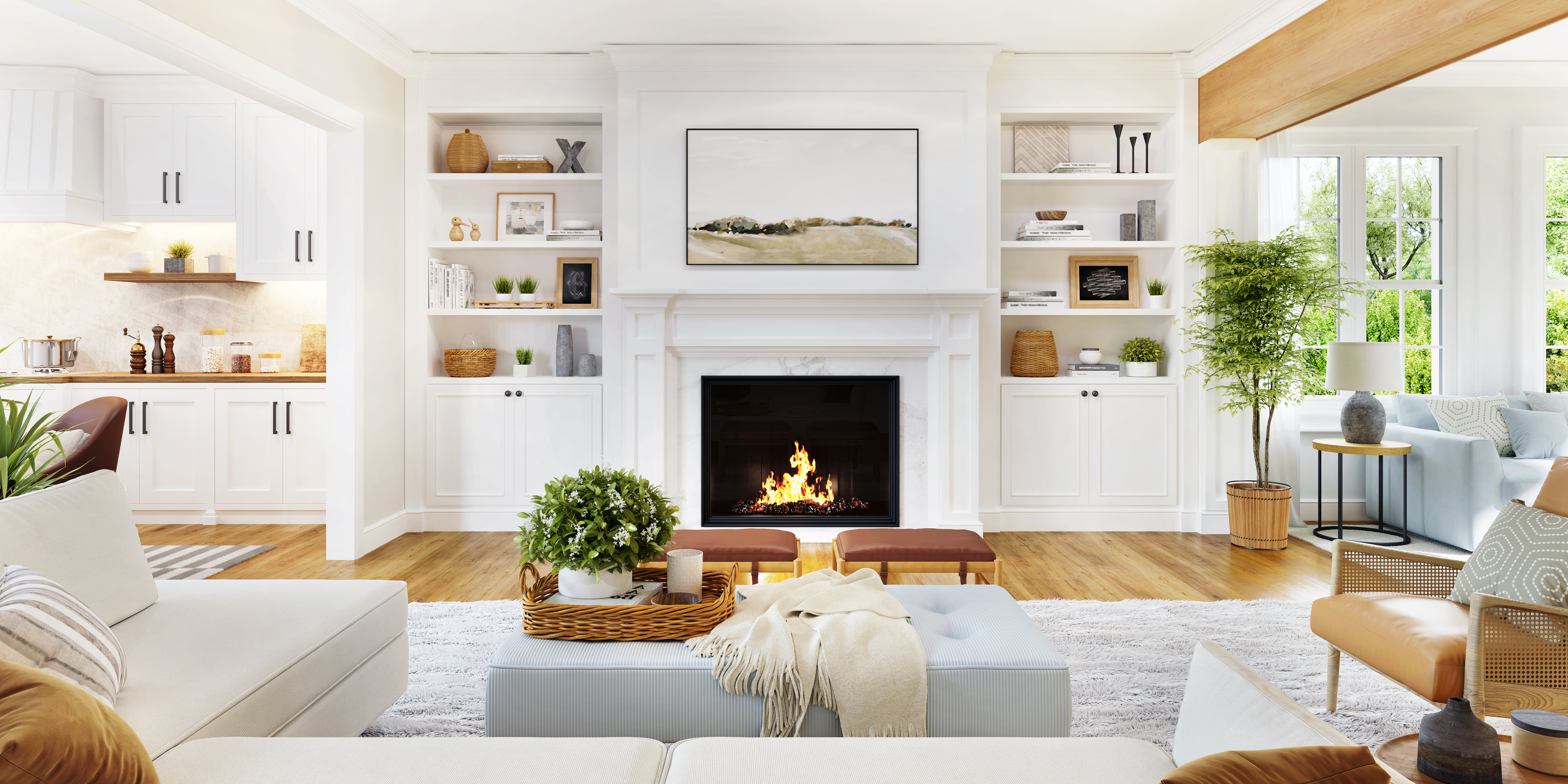Blog > Buy a New Home or Sell the Old—Which Comes First?
How do you buy and sell a house at the same time? This question is one of the most common questions that people have asked me during my more than twenty years as an AZ realtor. It is the ultimate "chicken and egg" problem. Buy or sell—which comes first?
The buy-sell problem can sneak up on you when you least expect it. Maybe you're just scrolling through online property listings or taking a casual drive in a neighborhood you like when you suddenly spot it—a perfect house at a reasonable price. The catch? You're still making payments on your current home.
Or maybe you decide to sell your home, and you get a fantastic offer right after you put it on the market. But since you want to take your time to find your next dream home, you might not have a place to live for a month or two.
These worries are understandable—everyone wants a smooth buying-selling process! In this article, I will go over the best options to choose from, and I outline some practical steps that will help you overcome the chicken and egg conundrum, giving you more peace about your decisions.
Option 1: Buy, then sell
When deciding whether to buy or sell first, there are many things to consider. Depending on your ability to take on two payments, buying first might be the right option for you.
What makes it a good idea
While most people are advised to sell first, there are some potential benefits to buying a new home before selling your current one. This situation might arise when you come across a perfect property or a great deal, or when you suddenly need more space. Buying first can allow for a seamless transition and the opportunity to make renovations before moving in.
This option might help you lock in your property sooner. As soon as you find a property, you can put in an offer, instead of having to wait for your current home to sell.
What makes it a bad idea
However, when you're buying in a competitive market (the market is more favorable to sellers than buyers), making an offer to a new home based on selling your old one isn't viewed favorably by sellers. They might not even consider your offer.
Sellers prefer buyers who are financially ready to purchase without the burden of selling their existing property. They look for promises of a strong down payment, a good credit score, and a comfortable debt-to-income ratio. In short, sellers want to know that your current home's sale isn't hanging in the balance of your new purchase.
Acquiring a new home before selling your current means you may need to handle two mortgages for an extended period, which could strain your finances. You might consider getting a second mortgage or a home equity loan to cover the costs, but that can be a short-term solution.
Sellers generally dislike home sale contingency clauses, as they place them in a precarious position. They don't know if you'll take the necessary steps to sell your current home, and they're reluctant to lose control of their transaction. Sellers often want assurance that the closing date will proceed as planned.
Option 2: Sell, then buy
In my years as a realtor, I've found that selling your current home before purchasing a new one is almost always the safer route.
When you sell your home first, you can use the equity from the old home to make a downpayment. It also leaves room to pay for repairs and other moving and closing costs. This option is best for people that cannot pay for two mortgages at the same time.
Perhaps most importantly, having sold your home first will be more appealing to the seller of your new home. They don't have to deal with contingency clauses and are much more likely to accept your offer, all else considered.
However, this option still doesn't fully solve the problems we identified from the start. You would still need a place to live while your waiting to find a new home. Here are two ways to avoid the issues that come with selling your current home before finding a new one:
1. Sell your current home and move into a rental until finding a new home.
Now, selling your current home and cozying up in a rental is like giving yourself a sweet break from adulting. You'll have all the time in the world to find your dream home. No more nail-biting stress about meeting tight deadlines. However, there's the small issue of moving not once, but twice and adapting to temporary digs. Think of it as a house-swap vacation with your future home, just around the corner.
2. Sell your home and least it back until finding a new one.
Why not make a deal where you sell your home and rent it back for a while? This is like having your cake and eating it too. You get all the flexibility to find your next dream home at your own pace, no rush. Less stress, predictable costs—it's like a smooth, well-orchestrated symphony. The catch? Not all buyers are keen on the leaseback idea. Negotiations can feel a bit like haggling in a bazaar, and delays might happen if the buyer decides they're not in the mood.
Option 3: Buy and sell simultaneously
The final option is to complete both transactions (buy and sell) at the exact same time. The buyer of your current home would need to close the same day as (or within a few days of) the seller of your new home, which is entirely up to you and your realtor to coordinate from end to end.
Buying and selling at the same time takes serious juggling, but it might be worth it in the end if you want the benefits of overlapping both transactions. The obvious benefit is that you have a straight shot from one place to the other. You avoid having to find a rental and the other worries of timing the purchases on different days.
Conclusion
The decision of whether to buy a house before selling your current one or vice versa ultimately depends on your specific circumstances. There's no one-size-fits-all answer. It's a decision you need to make with careful consideration of your life and financial situation.
So, if you're wondering about buying a new home before selling your current one, consider these factors carefully. Weigh the risks and benefits to determine the best course of action for your unique situation.
GET MORE INFORMATION




